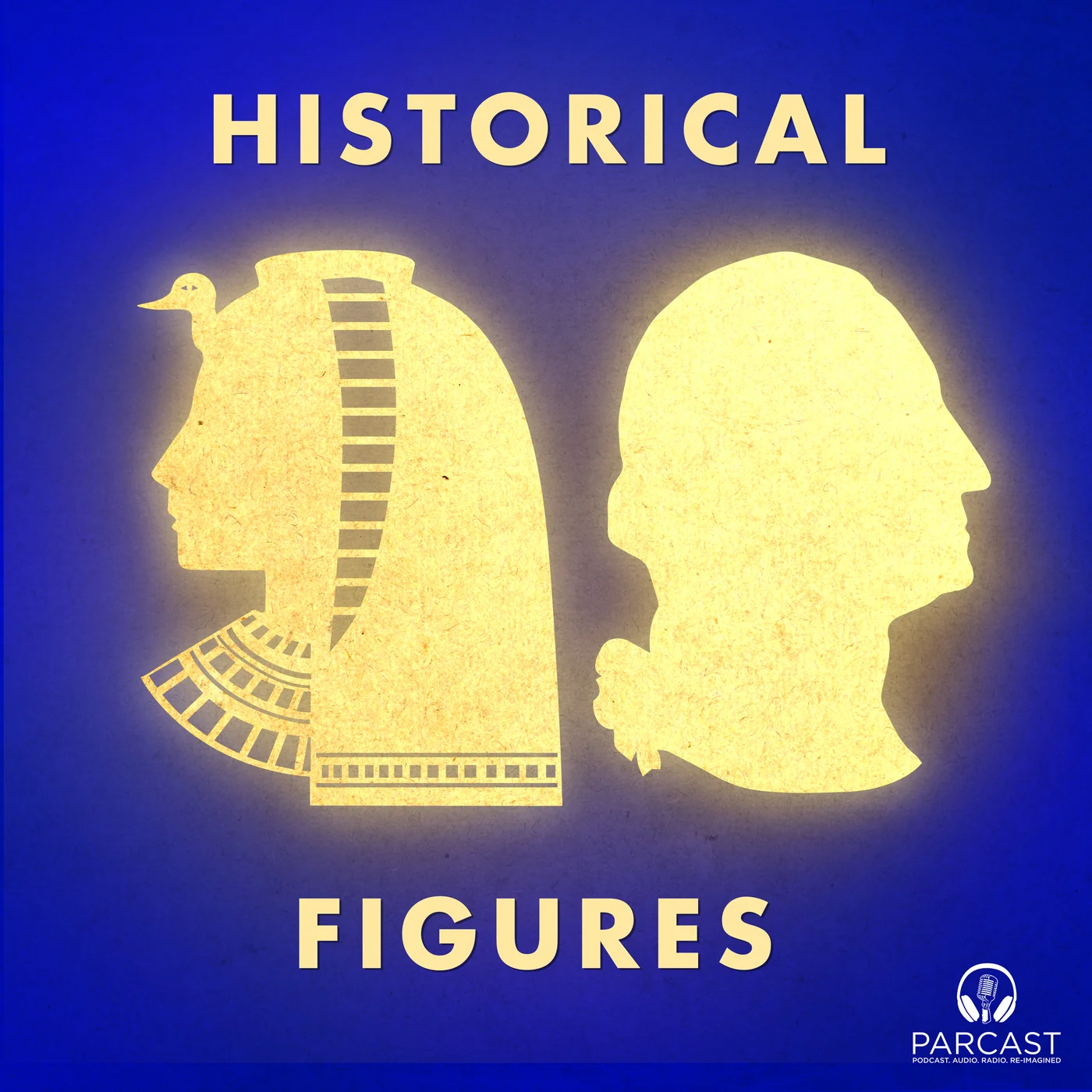Marie Curie
Thus coherence—of patriarchy, of ancestry, of narrative—is made by erasure and exclusion.
To tell a story and have it and the teller recognized and respected is still one of the best methods we have of overcoming trauma.
Silence, like Dante's hell, has its concentric circles.
All of these belong to Rebecca Solnit, in what has to be the most important, sharp, and brilliant book I read this year, Men Explain Things to Me. I find myself talking about it often, thinking about it and referencing it in any conversation that shifts towards a number of trending issues: the slew of repulsive men whose truth is finally (finally) being exposed; the weaponization of silence; any parallels between civil rights progress (or regress) along either racial or gender lines; double-standards of perfection; and, maybe most personal, whenever any of these—which they invariably do—wind up with me considering the amazing women in my life.
I could listen to Eliza sing for HOURS.
The other weekend, my sister and her husband came to New York with their four little children. They stayed at my other sister's apartment, and one night, I decided to invite myself into their sleepover: Amelia and Jim in the other room, Jack at the end of the couch I was on, Lilly next to him, and little Hannah and Eliza tucked into the air mattress right next to me. Jack and I talked about maps and countries and flags and capitals, I talked to Lilly about her dolphin Patronus and Hannah about Dobby and Hermione, and I sang Eliza's unbelievably incredible version of the ABCs with her (my favorite sequence is M-O-M-O-P) while she was doing a little coloring. These incredible little people—the way they interact with the world, the things that make them laugh, that they do that make me laugh, their incredible minds.
As the year has gone on, I've made deliberate commitments to spend time with minds like these—the ones that explore and ask and wonder and say things that suggest something exceptional or challenging or different or gorgeous about the world. There's magic here. In morning couch-chats with your nieces and nephew, in late-night books that have you marveling at how a word was used or a sentence was built or that something so exceptionally inequitable could possibly be as real as you can only imagine it must be. Marie Curie is one of these people, one of these women, one of these minds. And as academic as this podcast is, it was beyond enriching to hear about her life and story—her undeniable genius—in a world that perpetually sought to diminish her accomplishments, prevent them altogether, or couch them in terms of her husband.
Even knowing that someone like this has walked the same earth as me gives me great hope.









